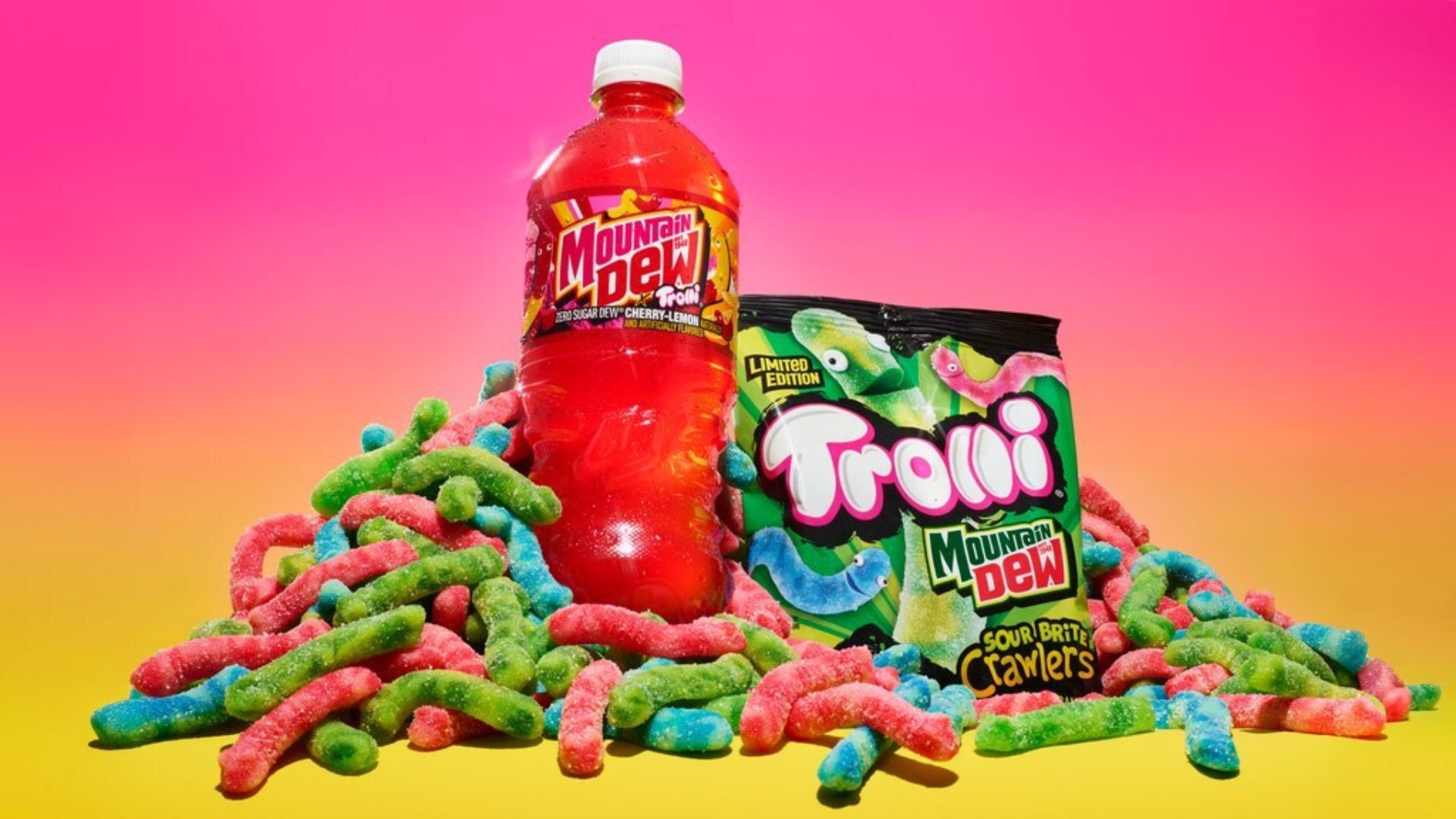Supply chain uncertainty triggered by tariffs and other post-pandemic factors likely will trigger high inflation in coming months, as a report from Kearney warns these disruptions are here to stay.
“Tariff volatility, labor pressures, and fractured trade flows are no longer temporary disruptions. They are structural realities that demand a redesign of how supply chains operate,” the report said.
Kearney partner Suketu Gandhi told SupplyChainBrain retailers probably have no choice but to raise prices or risk instability. Disruptions are no longer intermittent problems; they’re the norm.
“Should they [retailers] defend the customer by not raising prices to match their costs, or should they protect their margins?” Gandhi said.
“With volatility now the new default setting, this quarter could mean a big reset.”
Holiday Food Costs Set to Surge
The report foresees a rise of as much as 7% above base inflation in the 4th quarter in global supply chain costs.
“Supply chains that thrive won’t be those that resist disruption best, but those designed to expect it,” Rupal Deshmukh, partner at Kearney Supply Chain Institute, told SupplyChainBrain.
A recent Kearney survey found 73% of chief operating officers say they have a supply chain strategy, but only half say it gets reviewed quarterly or that they plan more than a year out. Few have overhauled their networks in the past year.
“The result: The gap between strategic intent and operational readiness remains wide,” the report said, adding, “The companies that will lead in the months ahead are not waiting for stability to return. They’re building systems that anticipate volatility and absorb it by design.”
Meanwhile, agricultural economists have sounded the alarm about produce prices doubling. Milk prices jumping from $7 to $14, and strawberries that feel like luxury goods are part of a six-month outlook that some economists envision for consumers, reported Fortune.
Tarun Chandrasekhar, chief product officer at Syndigo, told The Food Institute margins are being squeezed, and the long-term outlook remains fuzzy.
“While some [companies] may adapt successfully by diversifying markets, investing in innovation, or localizing production, others could face ongoing vulnerabilities due to supply chain rigidity, market dependence, or shifting consumer expectations,” Chandrasekhar said.
Tariff Turbulence Through 2026?
Babak Hafezi, adjunct professor of international business at American University, told FI consumers should expect food prices to continue to rise along with prices for other goods, possibly by double-digits and likely triggering a recession.
“However, the most likely scenario is that we enter a recession in the coming quarters and that the Supreme Court finds the current tariff regime illegal and an overreach by the executive branch, which will bring us back to pre-Jan. 21 environment,” Hafezi said.
“With inflationary pressures removed and a recession in progress, the Federal Reserve could decrease the overnight [interest] rate and force increased consumption and investment. Within 18 months we will see major new activity and growth. That’s my bet on this economy based on current policy discussions, court rulings, and economic analysis.”
Experts say tariff-related uncertainty likely will remain a factor into 2026, and possibly longer.
“With elections and potential policy shifts ahead, few companies are betting on a stable tariff environment in the near-term. For the food industry, the implications are especially acute given the long lead times required for many imported goods,” Chandrasekhar said.
“Non-perishables, specialty ingredients, and packaging materials ordered today are often slated for key promotional periods months ahead, including major holiday seasons.
:We can expect continued volatility across this year’s and next year’s holidays, particularly in categories that rely on global sourcing.”
The Food Institute Podcast
How will the One Big Beautiful Bill Act (OBBBA) impact your food business? Unraveling the implications of new legislation is never easy, but Patrick O’Reilly and Jeff Pera of CBIZ explain how provisions of the bill related to no tax on tips, depreciation and expensing of capital purchases, and research and development will impact the industry.












